Search
Remove Ads
Advertisement
Summary 
Loading AI-generated summary based on World History Encyclopedia articles ...
Search Results
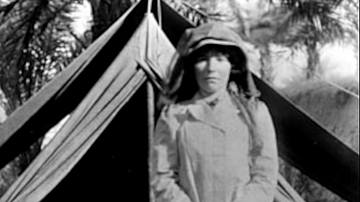
Definition
Gertrude Bell
Gertrude Bell (l. 1868-1926) was an archaeologist, travel writer, explorer, and political administrator responsible for creating the borders of the countries of the Near East after World War I and, especially, for the foundation of the modern...

Definition
Zorvanism
Zorvanism (also given as Zuvanism, Zurvanism) was a sect of the Persian religion Zoroastrianism which emerged in the late Achaemenid Empire (c. 550-330 BCE) and flourished during the Sassanian Empire (224-651 CE). It is often referenced as...

Book Review
Australianama: The South Asian Odyssey in Australia
Australianama: The South Asian Odyssey in Australia is a research monograph that tells the history of South Asian migration and the "aboriginal" community during the British colonisation of Australia. Concerning Australian social and cultural...
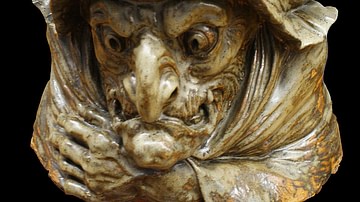
Definition
Baba Yaga
Baba Yaga (Baba Jaga) is a witch or ogress from Slavic folklore who lives in a magical hut in the forest and either helps, imprisons, or eats people (usually children). She is among the most famous figures from Slavic folklore as guardian...
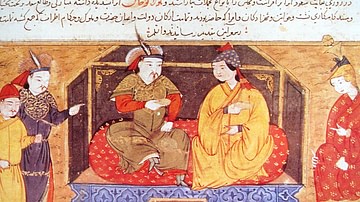
Definition
Ilkhanate
The Ilkhanate (or Ilqanate, 1260-1335 CE) was that part of the Mongol Empire (1206-1368 CE) which mostly covered what is today Iran and parts of Turkmenistan, Turkey, Iraq, Armenia, Afghanistan, and Pakistan. Established by the Mongol general...
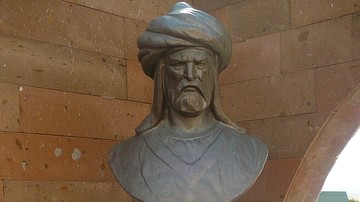
Definition
Batu Khan
Batu Khan (l. 1205-1255 CE) was a grandson of Genghis Khan and the founder of the Golden Horde. Batu was a skilled Mongol military commander and won battles from China to Persia, although his most famous exploits involve the grand Mongol...
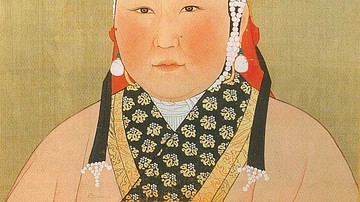
Article
Women in the Mongol Empire
Women in the Mongol Empire (1206-1368 CE) shared the daily chores and hardships of steppe life with men and were largely responsible for tending animals, setting up camps, childrearing, producing food and cooking it. Having rather more rights...